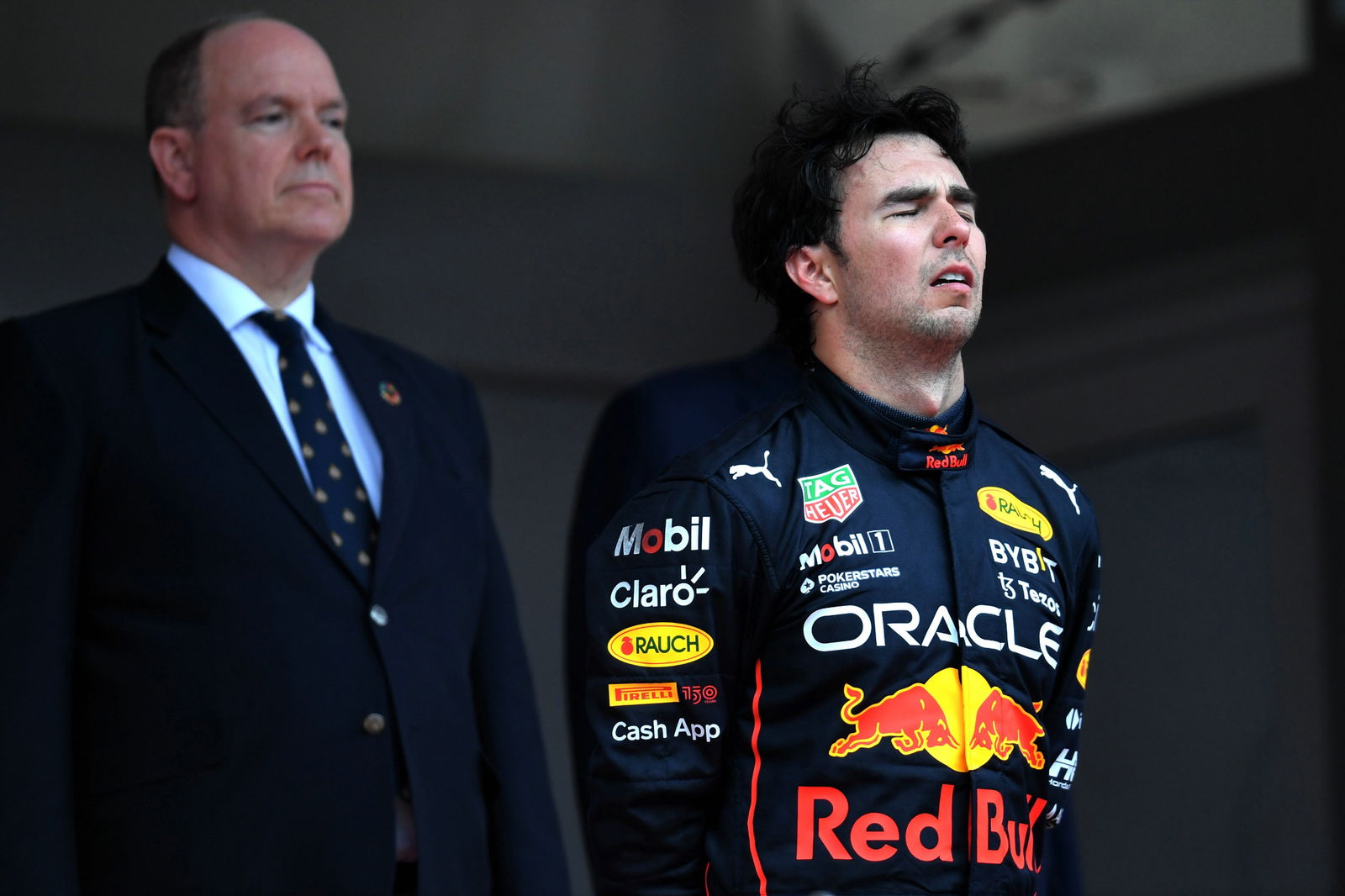What is the F1 cost cap and why were Williams fined?

F1 introduced its first-ever financial regulations for the 2021 season in a bid to level the playing field and make the sport more sustainable.
When initially announced in 2019, F1 outlined its aims to “deliver a more competitive championship, promote a level playing field and ensure the long-term financial stability and sustainability of F1’s 10 teams.”
- Fernando Alonso hits out at potential salary cap in F1
- F1 teams could miss races if budget cap not raised, says Horner
As a result of the COVID-19 pandemic, all teams agreed for the cap to be reduced from $175m (£139m) in 2021 to $145m (£115m), with a further reduction to $140m (£111m) for 2022 and then $135m (£107m) for 2023 onwards.
What is the F1 cost cap and how will it be monitored?
The cost cap is a ruling in place to ensure teams don’t overspend and stick within a certain budget.
It limits the amount of money one team can spend during a season that relates to car performance.
F1 has set up a Cost Cap Administration to ensure all teams are following the new financial regulations with the FIA also carrying out visits during the season to factories.
What is included in the F1 cost cap?
All money spent on car development and performance is included.
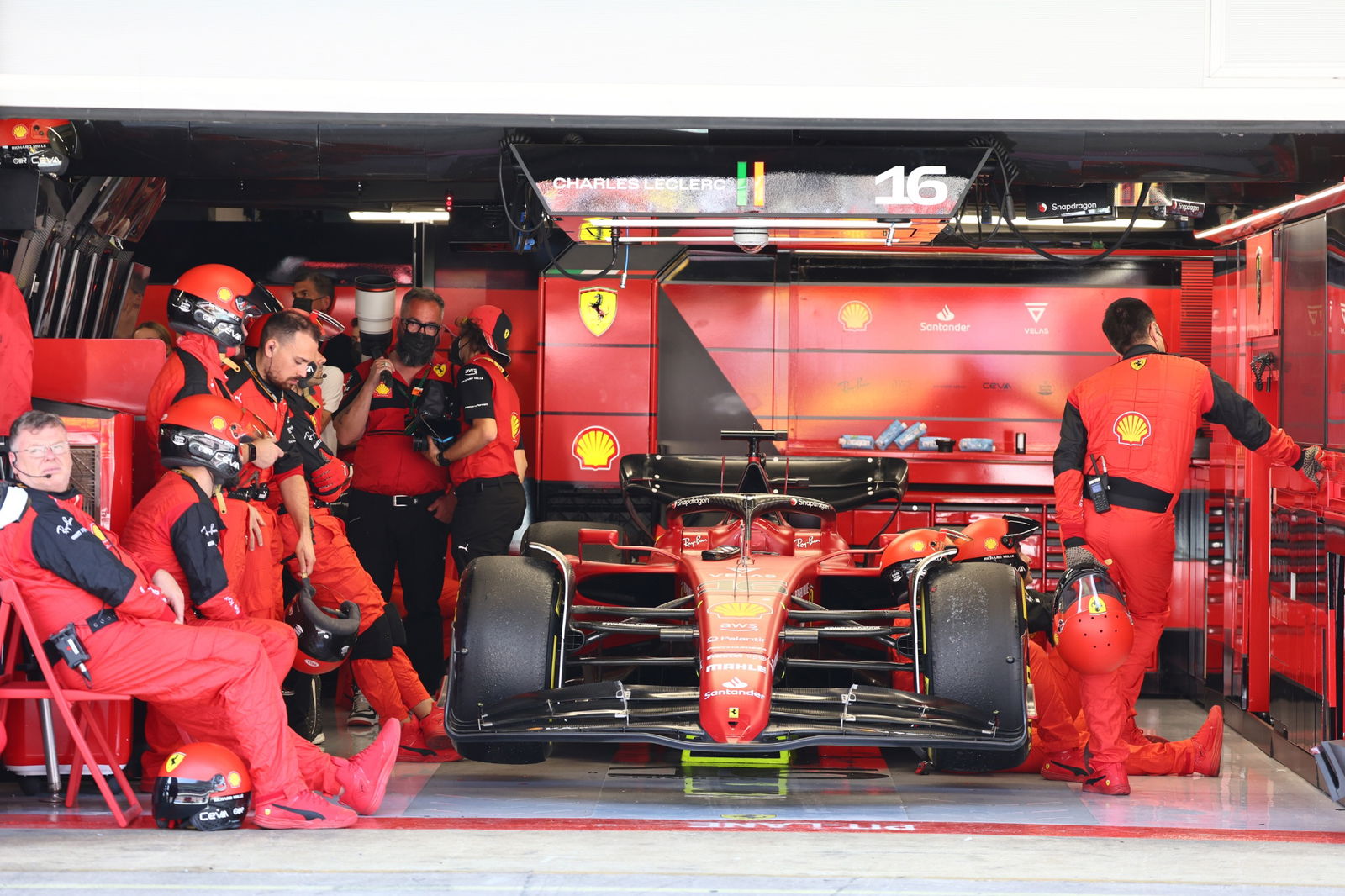
However, it excludes all marketing costs, race driver fees/salaries and the costs of the team’s three highest-paid personnel.
Why were Williams fined?
Williams are the first F1 team to be fined as a result of the new cost cap rules.
The Grove outfit have been fined $25,000 following a procedural breach of F1’s financial regulations.
All 10 teams are required to submit their complete documentation from the 2021 calendar year by the March 31, 2022 deadline.
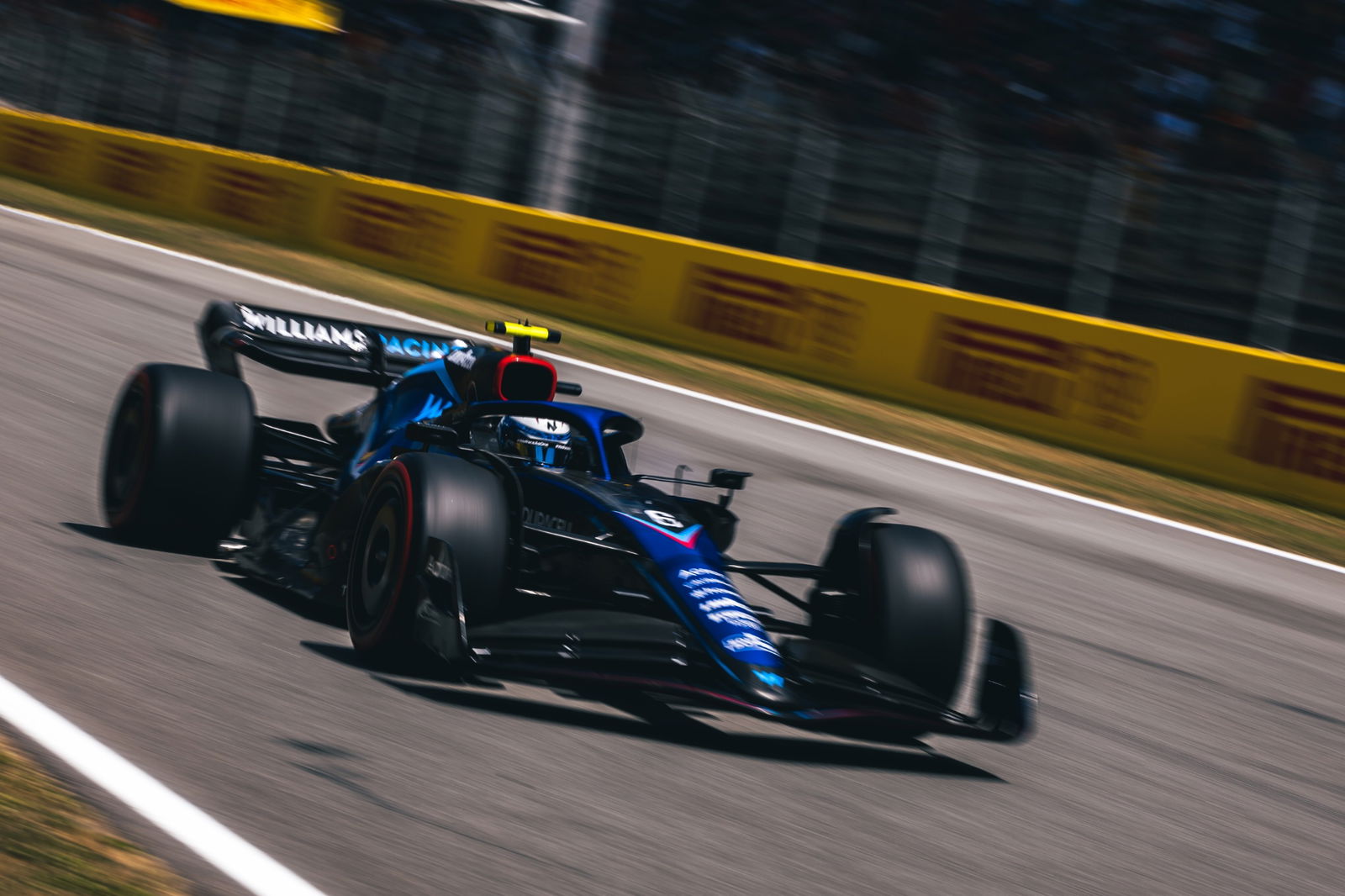
Williams failed to hit the deadline and thus have been hit with a fine, which they have accepted.
The FIA said in a statement: “Having considered Williams' explanation and given in particular that the Procedural Breach was voluntarily disclosed by Williams in advance of the Full Year Reporting Deadline of 31 March 2022 and Williams has been fully cooperative in seeking to remedy the breach, the Cost Cap Administration deemed it appropriate to offer Williams an ABA resolving the breach on the terms set out below. That offer was accepted by Williams.”
Williams have since complied with all of the FIA’s requirements, which included: “remediating the Procedural Breach, paid the Financial Penalty, and bore the costs incurred by the
Cost Cap Administration in connection with the preparation of the ABA.”
The big three want the cap increased
A storm has been brewing up and down the pitlane with a number of F1 teams calling for the budget cap to be raised as a result of unprecedented levels of inflation.
A dramatic rise in inflation has led to a significant increase in costs for freight and development, putting the teams’ budgets under extra strain.
As a result, Red Bull team boss Christian Horner has called for a raise in the cap to avoid an “accounting world championship”.
“At the time we all agreed to those reductions, nobody could have predicted what was going on in the world and how that is driving inflation in every household globally,” Horner said in Monaco. “We're seeing it in F1, we're seeing it with logistics, we're seeing it with energy costs. That to me is something the FIA need to take into account.
“They have the ability through force majeure to apply an inflationary effect because we don't have enough levers to get down to the cap. I think that's the same for probably seven of the teams in F1 We've still got six months left this year, inflation still looks like it's rising rather than diminishing, and hopefully the FIA will act shortly.”
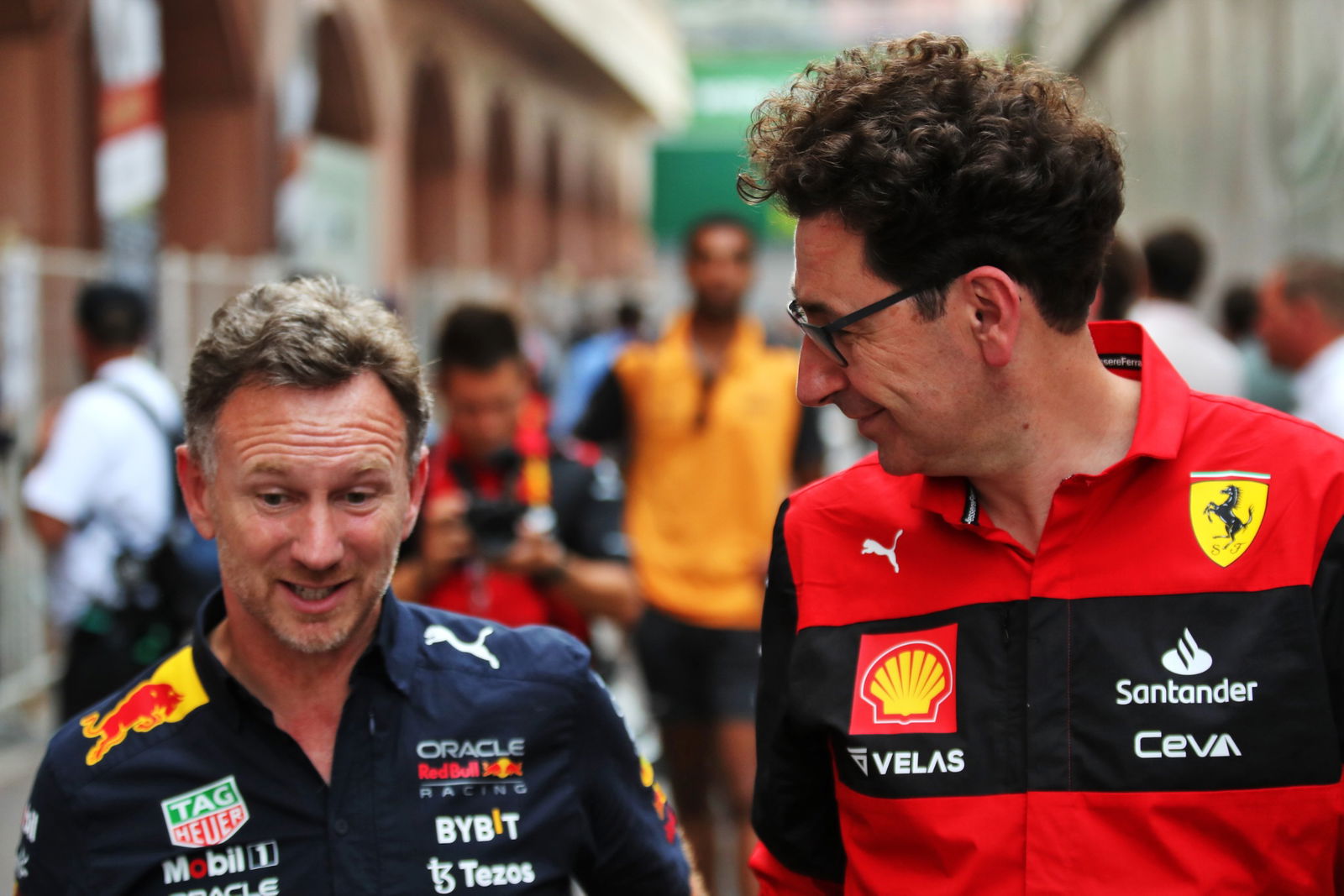
Mattia Binotto is sure Ferrari will exceed the current budget cap, however, the current regulations give all teams a five per cent scope to exceed the current limit.
“I think that there will be no way for us to stay below,” Binotto explained. “So, I'm pretty sure that at some stage we will go over.
“In the regulations, there is a threshold, which is a five per cent. If you do not exceed the 5 per cent, on the top of what's the budget cap threshold, it will be considered a minor breach. And what's a minor breach in case of force majeure? What will the stewards and the FIA decide on that, in terms of penalties?
“No idea - but I don't think there is any way for us - and for many teams - simply to stay within, and even laying-off people, I don't think that's a good and right choice.”
Why Alpine and Alfa disagree
On the other hand, Alpine and Alfa Romeo are against any potential rise in the budget cap.
Even despite inflation, Alpine boss Otmar Szafnauer says the French outfit planned for it.
“Most teams do their budgets in November, December timeframe, for the following year and we are no different,” Szafnauer said in Monaco. “And at that time, inflation was already at 7+ per cent. RPI in England was 7.1, 7.2 per cent.
“We took that into consideration when we did our budgets and laid out all the development work that we were going to do. And we're still within it..”
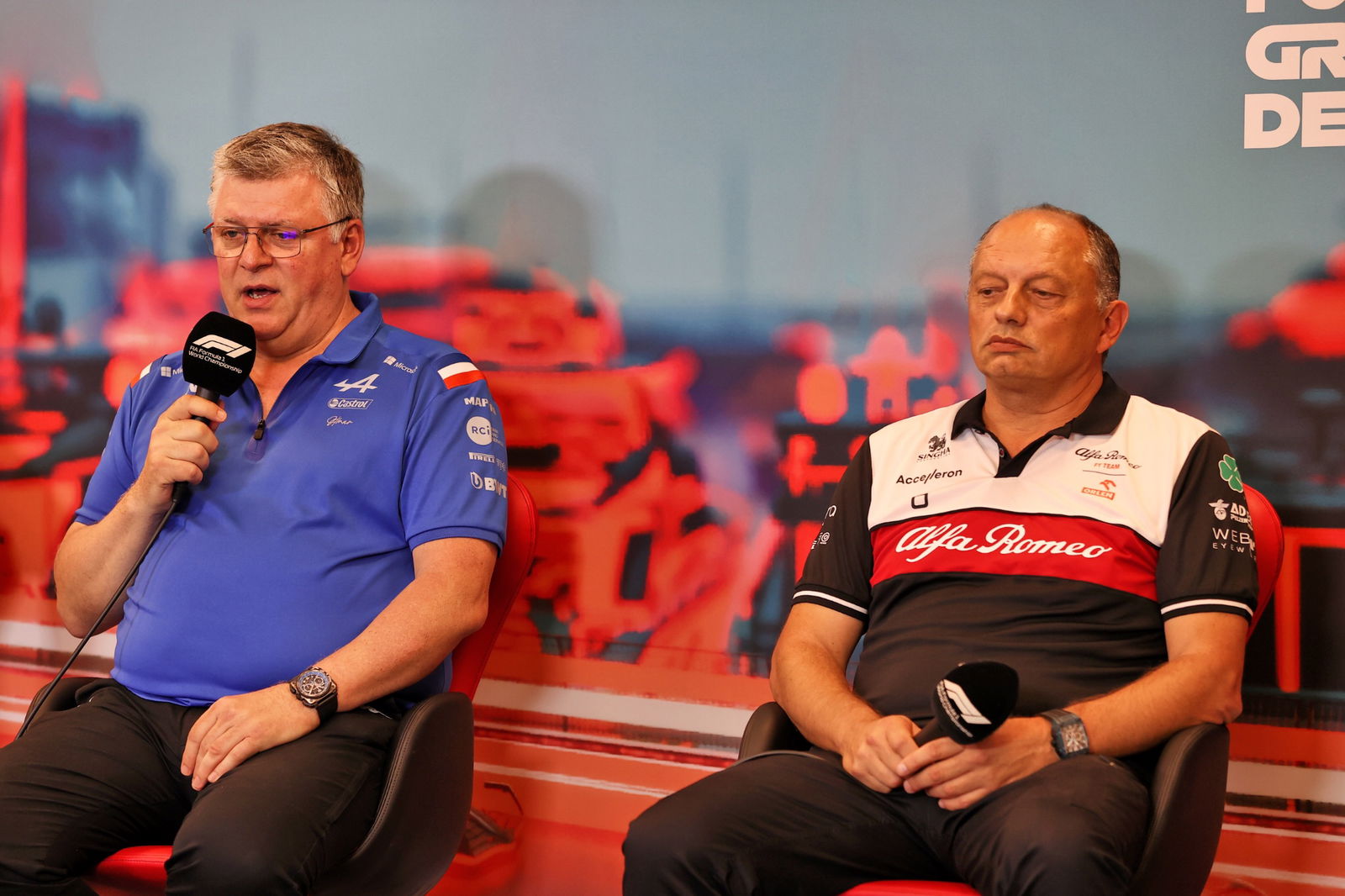
Alfa Romeo team principal Frederic Vasseur said that teams should simply stop developing their cars to reduce costs.
“We are in this situation and sooner or later we will have to stop the development of the car because we will be at the limit of our budget,” Vasseur said.“And I think everybody can do the same.
“It's absolutely not a case of force majeure, because inflation is not a case of force majeure.”
